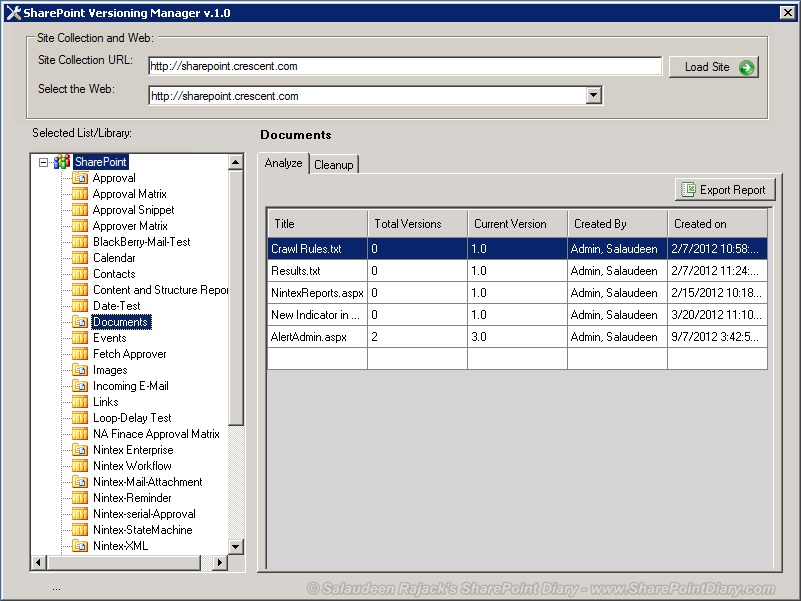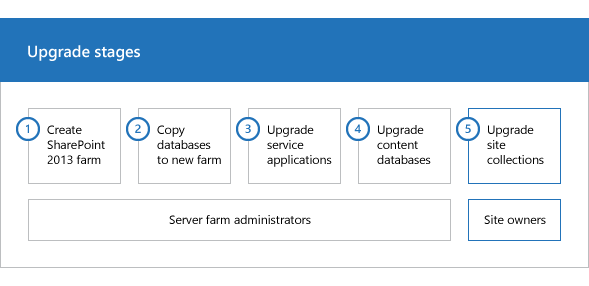
Google's way is just that - the Google way or the highway. That x-factor which takes a platform from just good or great, to excellent. But as a collective whole, they lack a certain polish. And I'll explain why in detail.Īt face value, Google's core Apps offerings in the form of Gmail, Docs/Drive, Sites, and Hangouts are fairly solid offerings.

But in my eyes, when you view both suites as the sum of their individual parts, as a collective experience, Office 365 takes the upper hand. Google Apps isn't a bad platform by any means. Because it's the realization I've come to after our two-feet-first jump onto Office 365 a little more than a month ago. That's the question companies and organizations should be asking themselves. Who's got the all-encompassing platform that is looking to solve business needs the way your company views them? Who's going to solve your email problems today, but offer you a segway to cloud document storage & unified communications & etc tomorrow? I've carefully learned that this is more-so a battle of the ecosystems at this point. The battle between Microsoft and Google goes a lot further than who has bigger inboxes, more mobile apps, or whatever new whizbang feature can generate easy buzz. Unlike car dealers, where buyers stepping through the doors know exactly what they're going to hear when they walk in, clients looking for honest direction for their email and UC needs want more than marketing drivel. They're either Microsoft Office 365 only, or conversely, stuck in Google Apps-ville. The big players in the cloud email arena tend to have pitched their tents in one camp or another.

#Sage act pro 2013 on sharepoint full#
Here's the skinny on what insight we've learned about leaving Google behind.įorget Spec Sheets: This is a Battle of the Ecosystemsįor anyone that has cold-called me asking about whether they should go Google or Microsoft for email, they know full well I don't tote the corporate line that either company wishes. From UI shock during the first week or so, down to natural comfort at this point. The last month and a few days have been an interesting ride. By Turkey Day, we were fully transitioned off Google Apps and drinking Redmond's email kool-aid primetime. After spending nearly four years on Google Apps, learning its every nook and crevice, I threw an audible at my staff and told them we were transitioning to Office 365 by Thanksgiving 2013.

So that was my intended experiment of sorts.
#Sage act pro 2013 on sharepoint skin#
But eating the dogfood you're peddling to clients? That puts your own skin in the game in ways that doesn't compare otherwise. Surely, all of the monthly consulting time I spend helping other clients with their Office 365 and Google Apps installations gives me a raw insight with which to form solid opinions upon. And while I'm not saying for a moment that I take back any of the statements I made in those pieces, I do honestly believe that " dogfooding" a given platform into your day to day business needs is the truest way to form the most accurate opinion of a product. I've written some in-depth reviews of Google Apps and Office 365 separately in the past, and get frequent mail from both of them based on how I pitted one suite against the other in this category or that aspect. So to say that I've been deeply invested in Google-ism for some time now is an understatement. And I've personally been involved in Google Apps transitions for numerous small and large organizations in both the public and private sectors. Notwithstanding my own personal usage of Gmail since 2005 and Google Apps for my IT company since early 2010, I've likewise been both a Google Apps Certified Trainer and Google Apps Certified Deployment Specialist for years now. After more than one month since making the move to Office 365 full time, I can comfortably say we made the right decision as a company.Īnd of anyone who can make an honest dissection of Google Apps against Office 365, I'd say I'm as well suited as anyone in the IT blogosphere to be passing such critical judgement. It goes way farther than just a decision based on boxes checked off on a spec sheet. There is a lot more to the story than meets the eye. That's quite far from the truth behind why we left Google. The follow tables expand on the table above by listing co-occurrences grouped by category.You're probably expecting me to write a scathing exposé on how I've come to dislike Google Apps. The figures indicate the absolute number co-occurrences and as a proportion of all permanent job ads with a requirement for SharePoint. Locationįor the 6 months to 24 April 2022, IT jobs citing SharePoint also mentioned the following skills in order of popularity.

The 'Rank Change' column provides an indication of the change in demand within each location based on the same 6 month period last year. The table below looks at the demand and provides a guide to the median salaries quoted in IT jobs citing SharePoint within the UK over the 6 months to 24 April 2022.


 0 kommentar(er)
0 kommentar(er)
